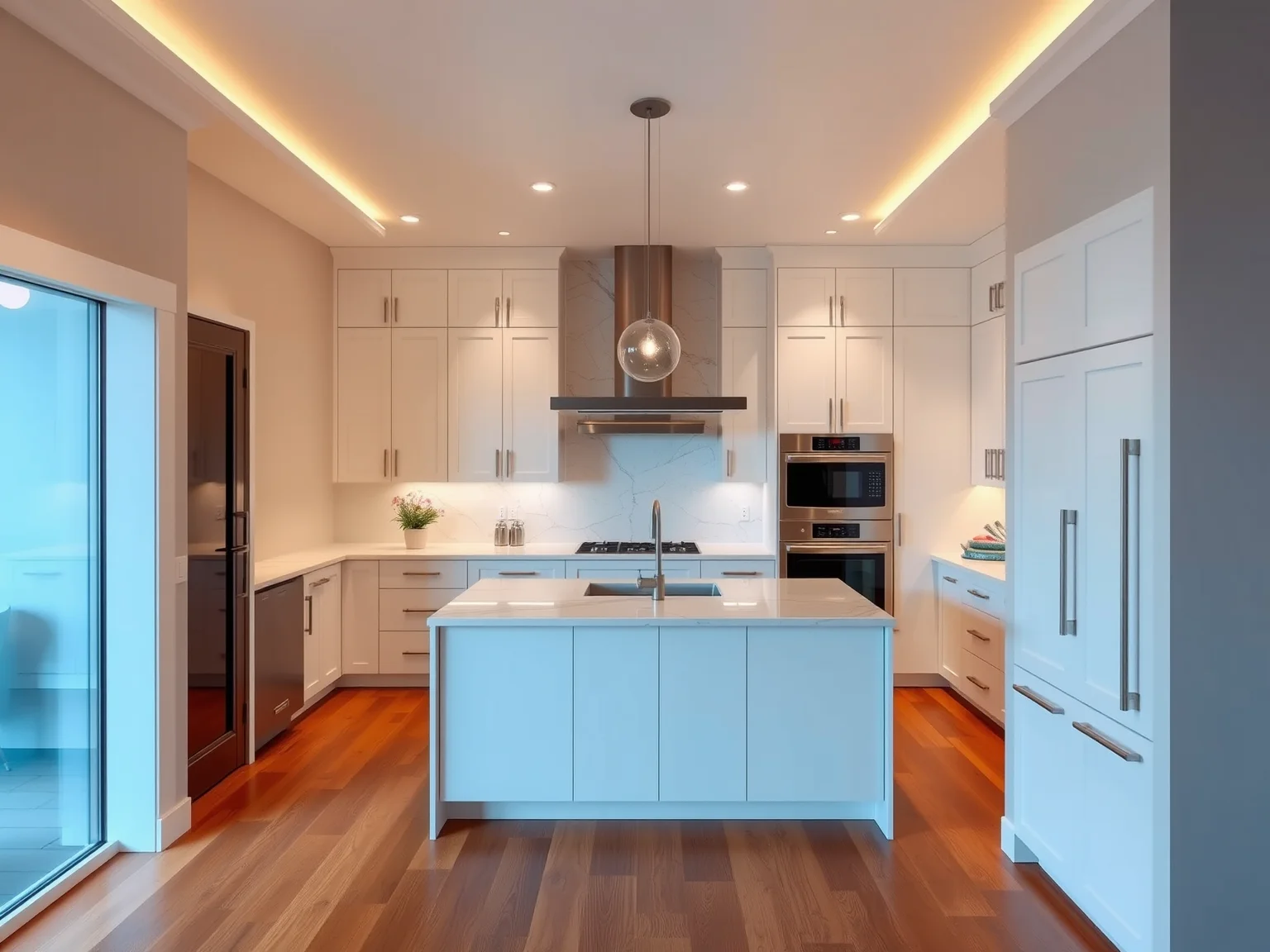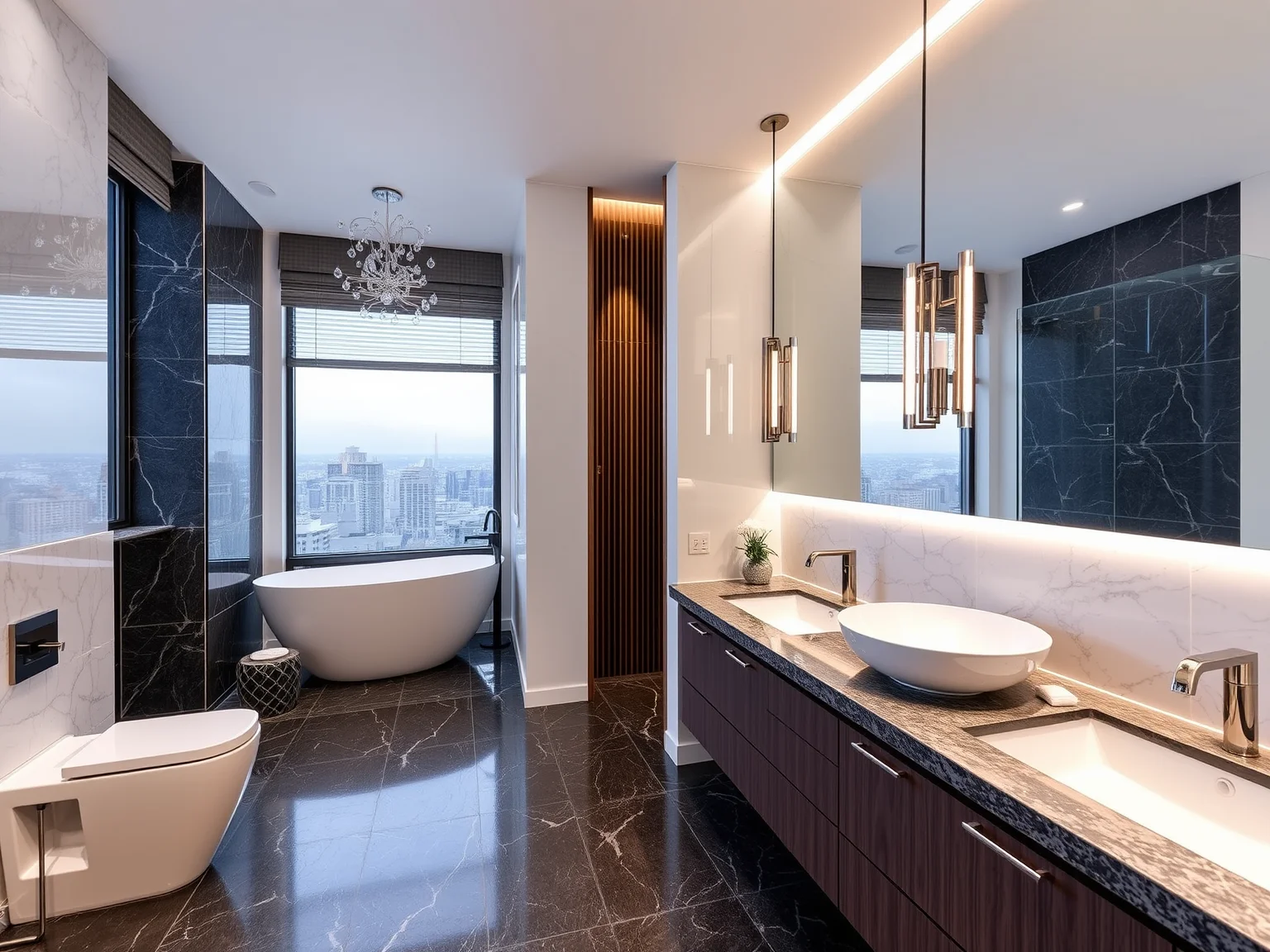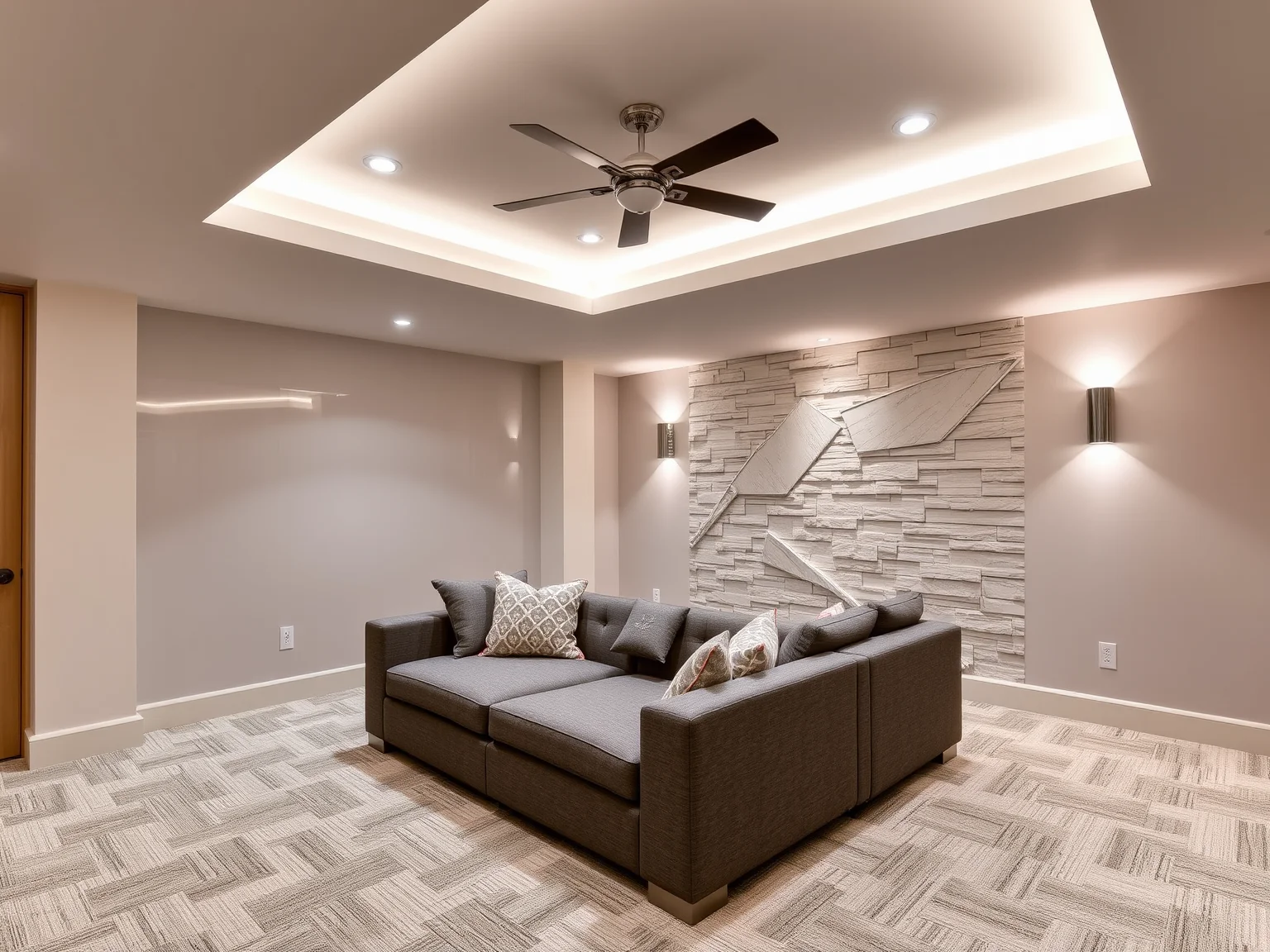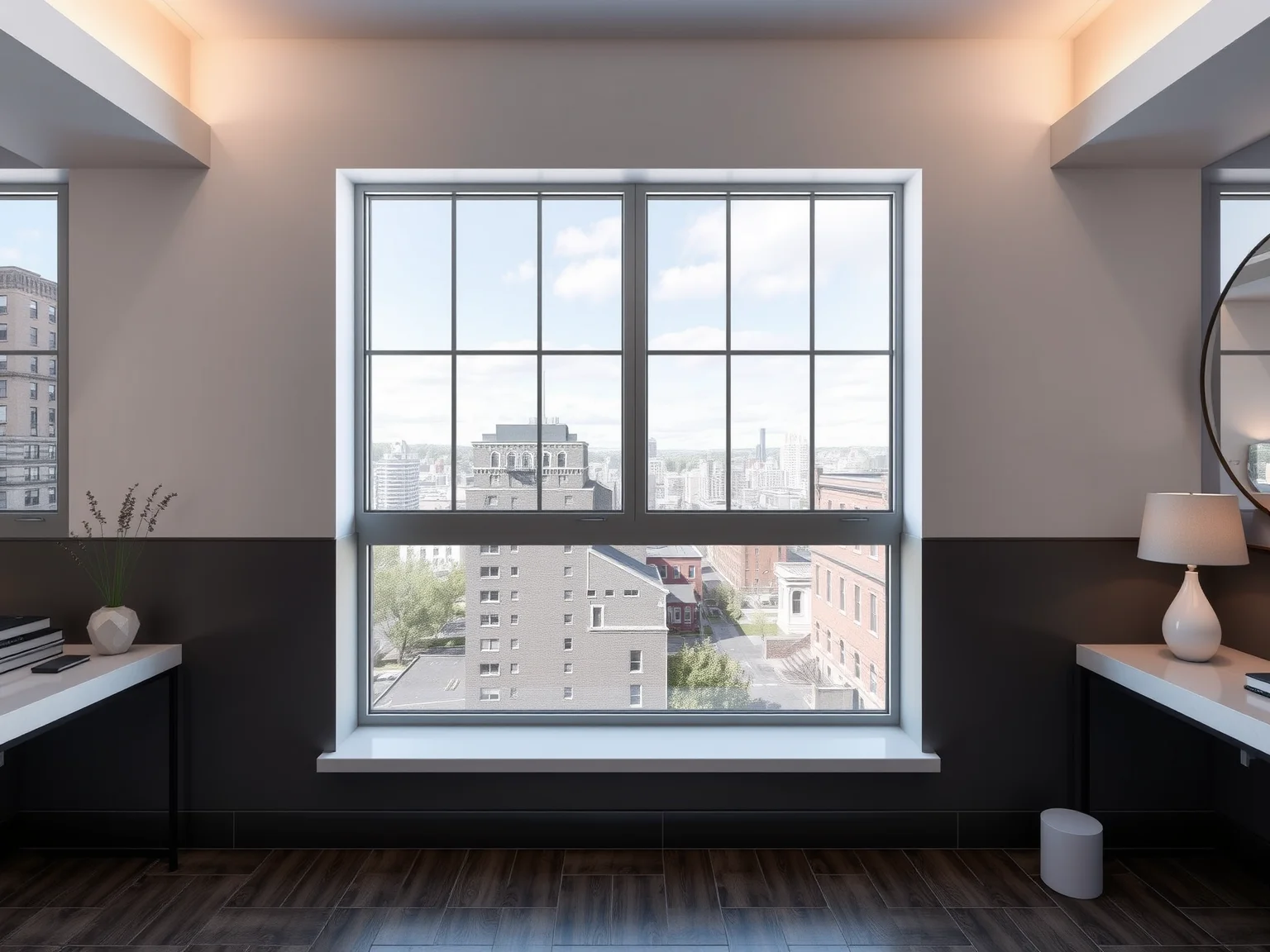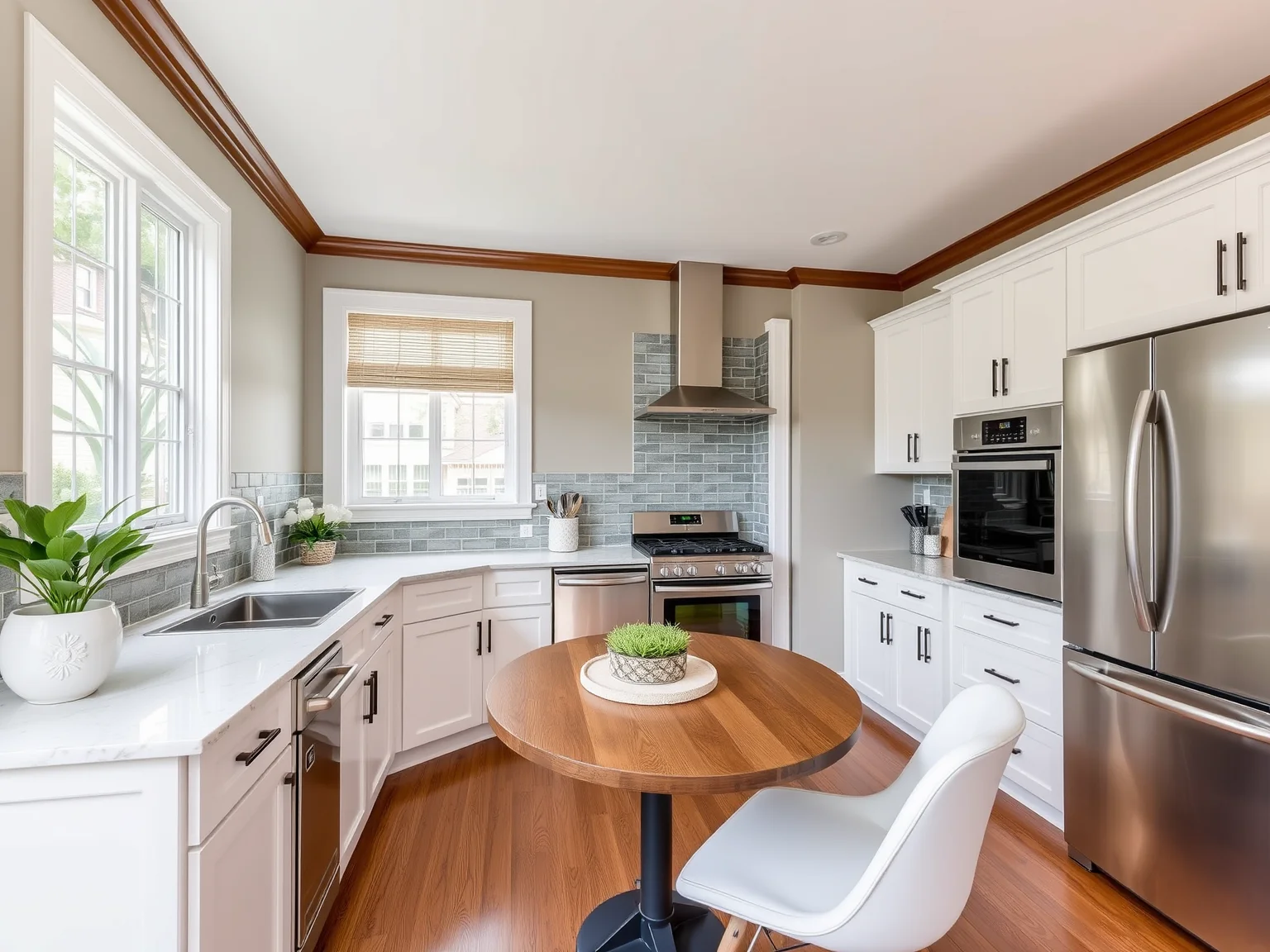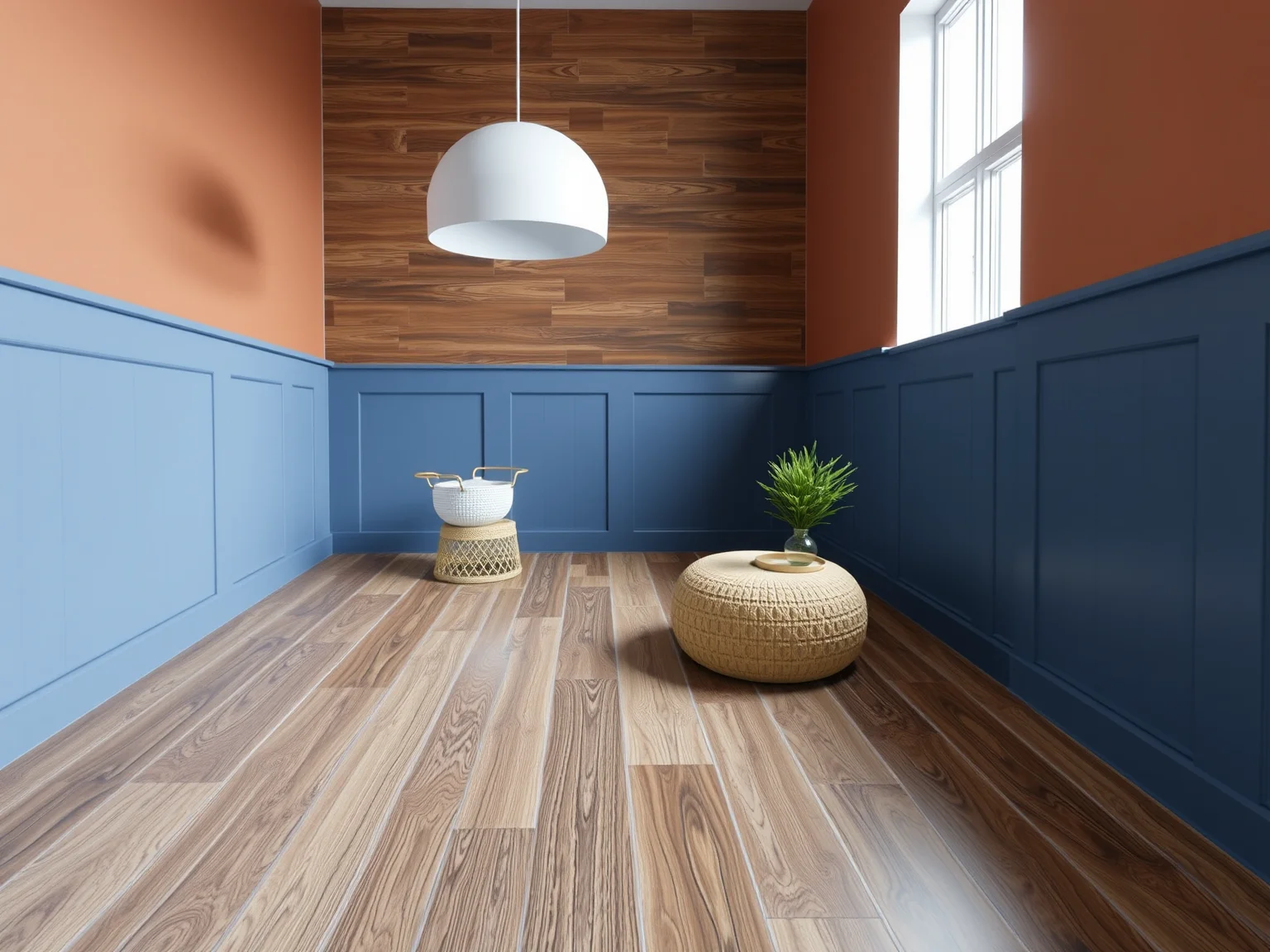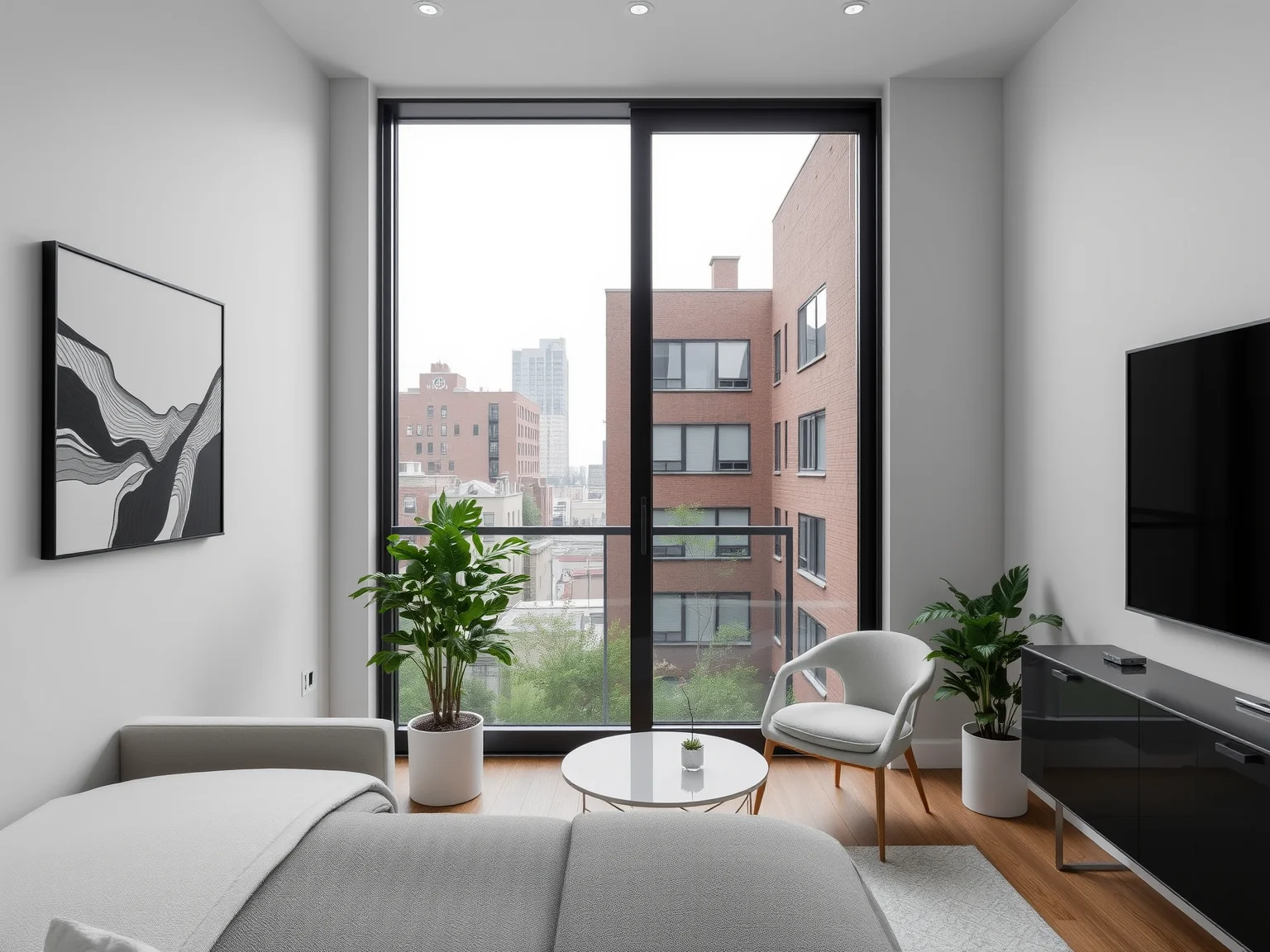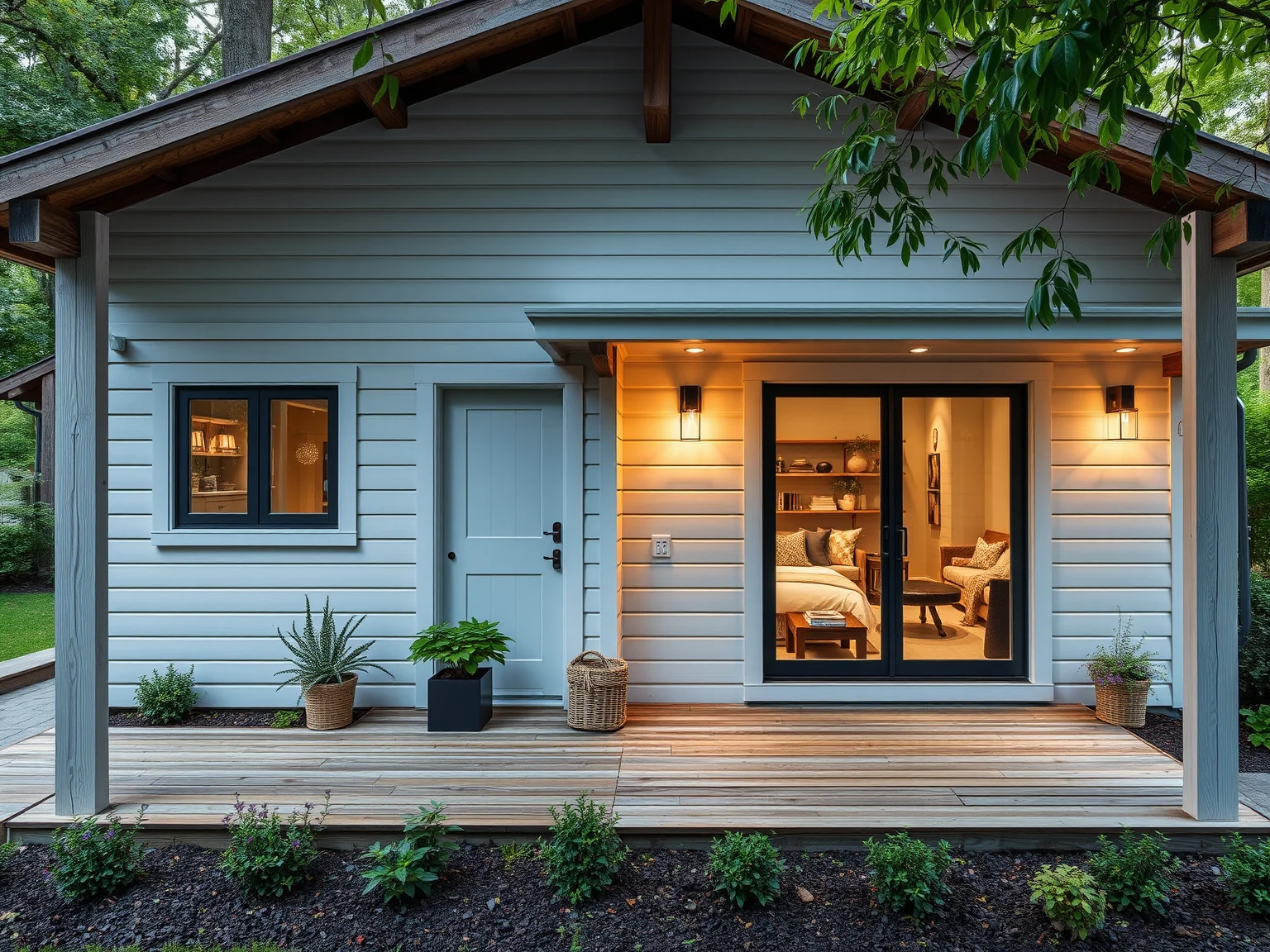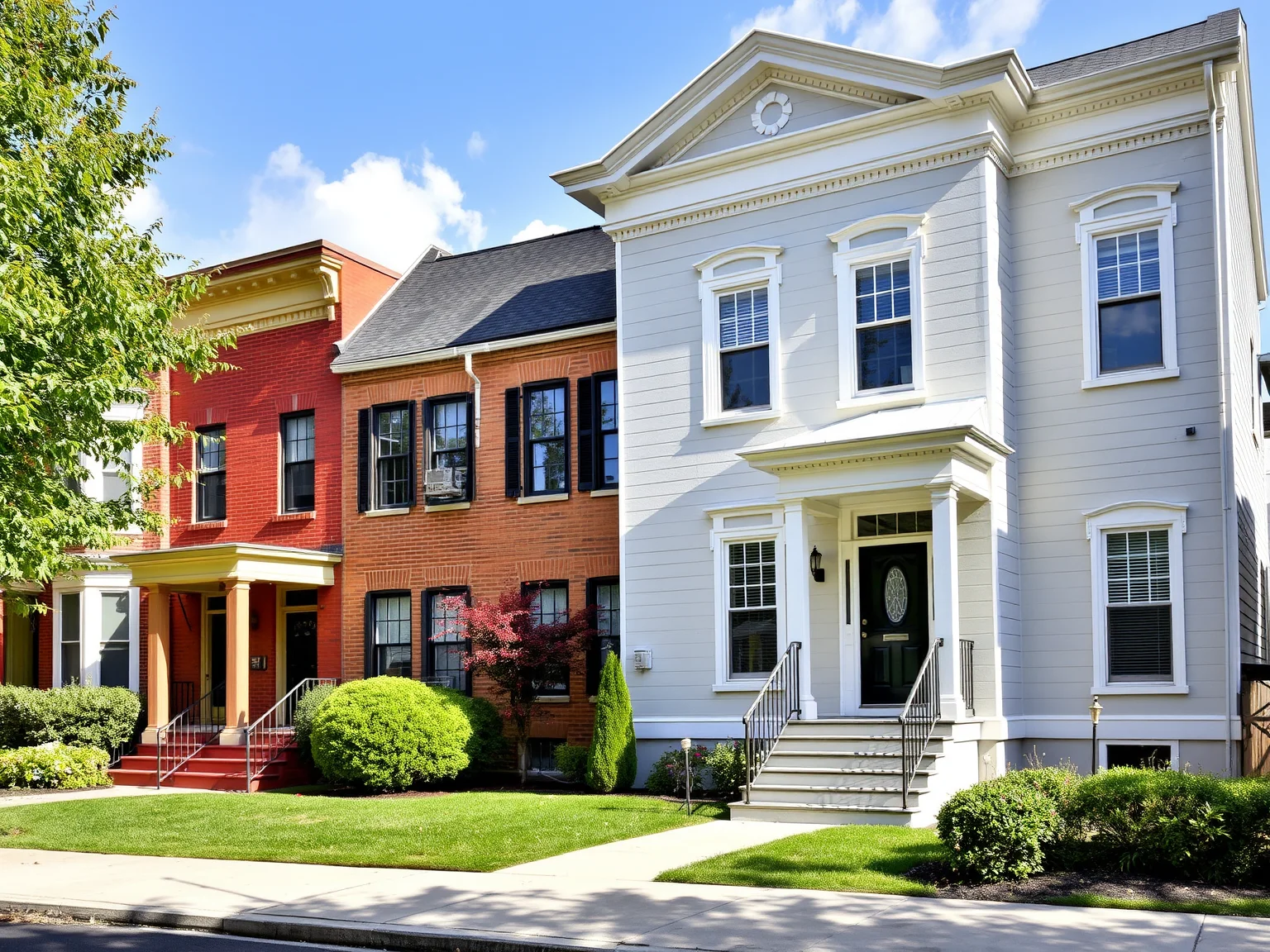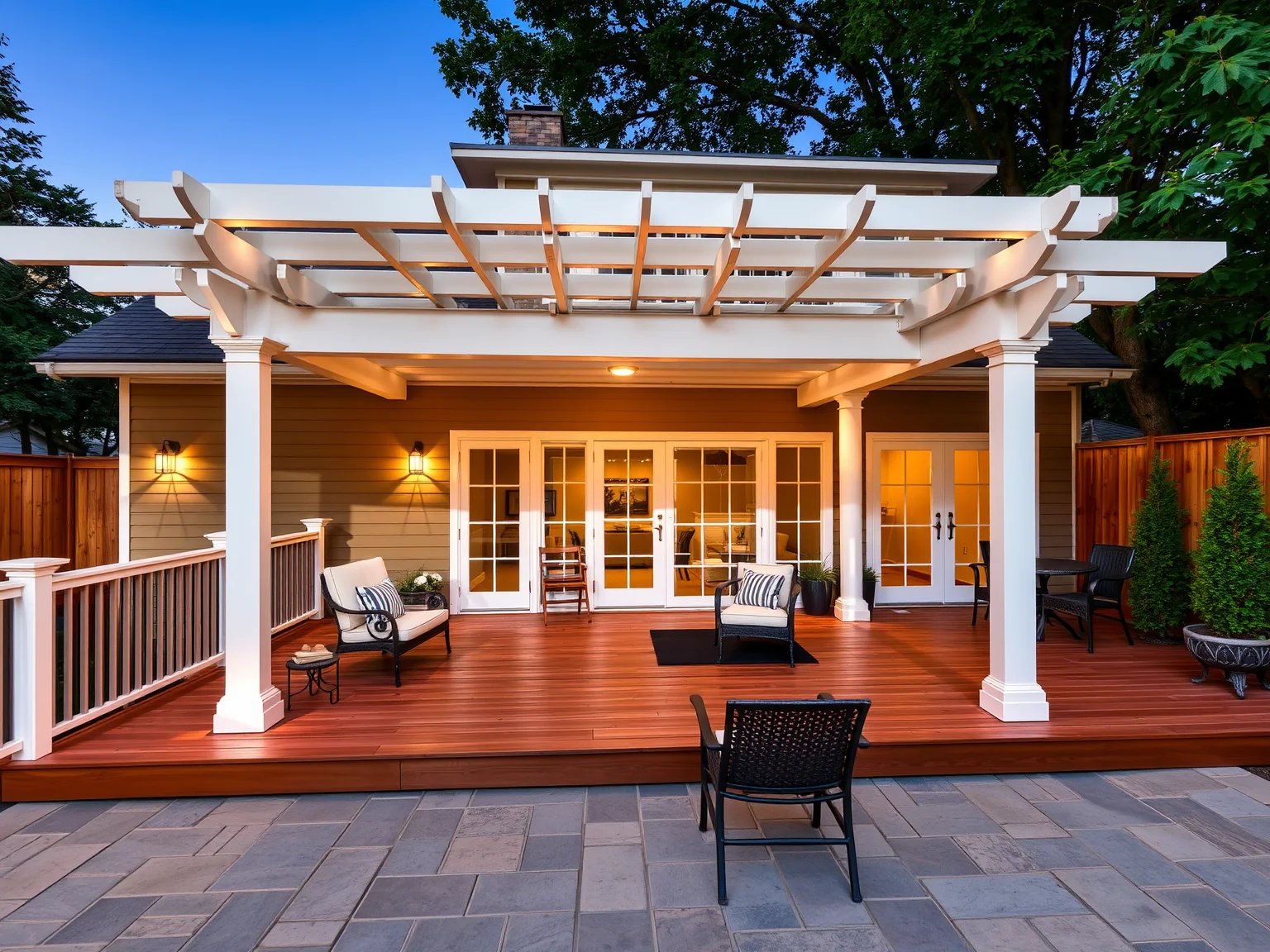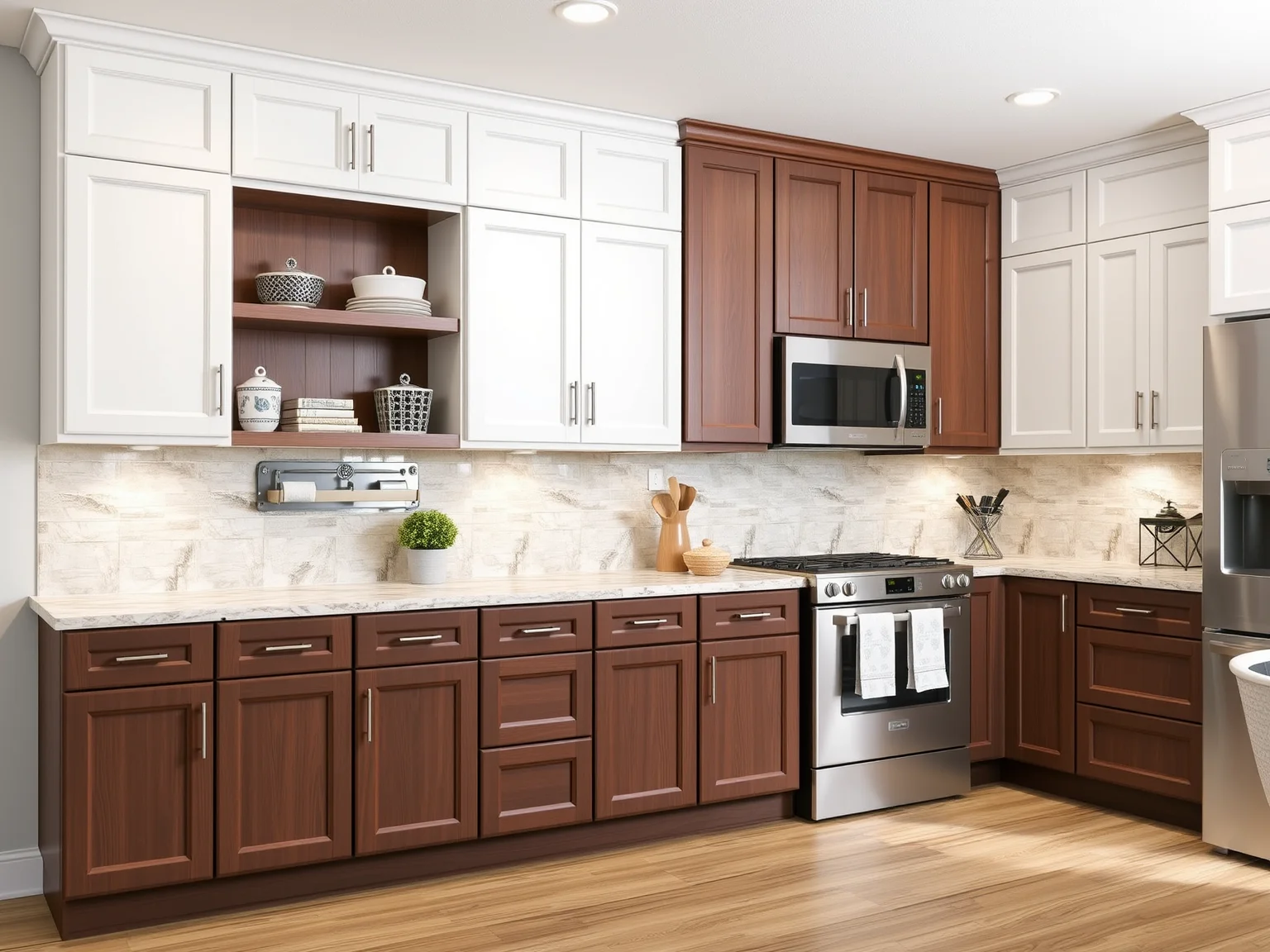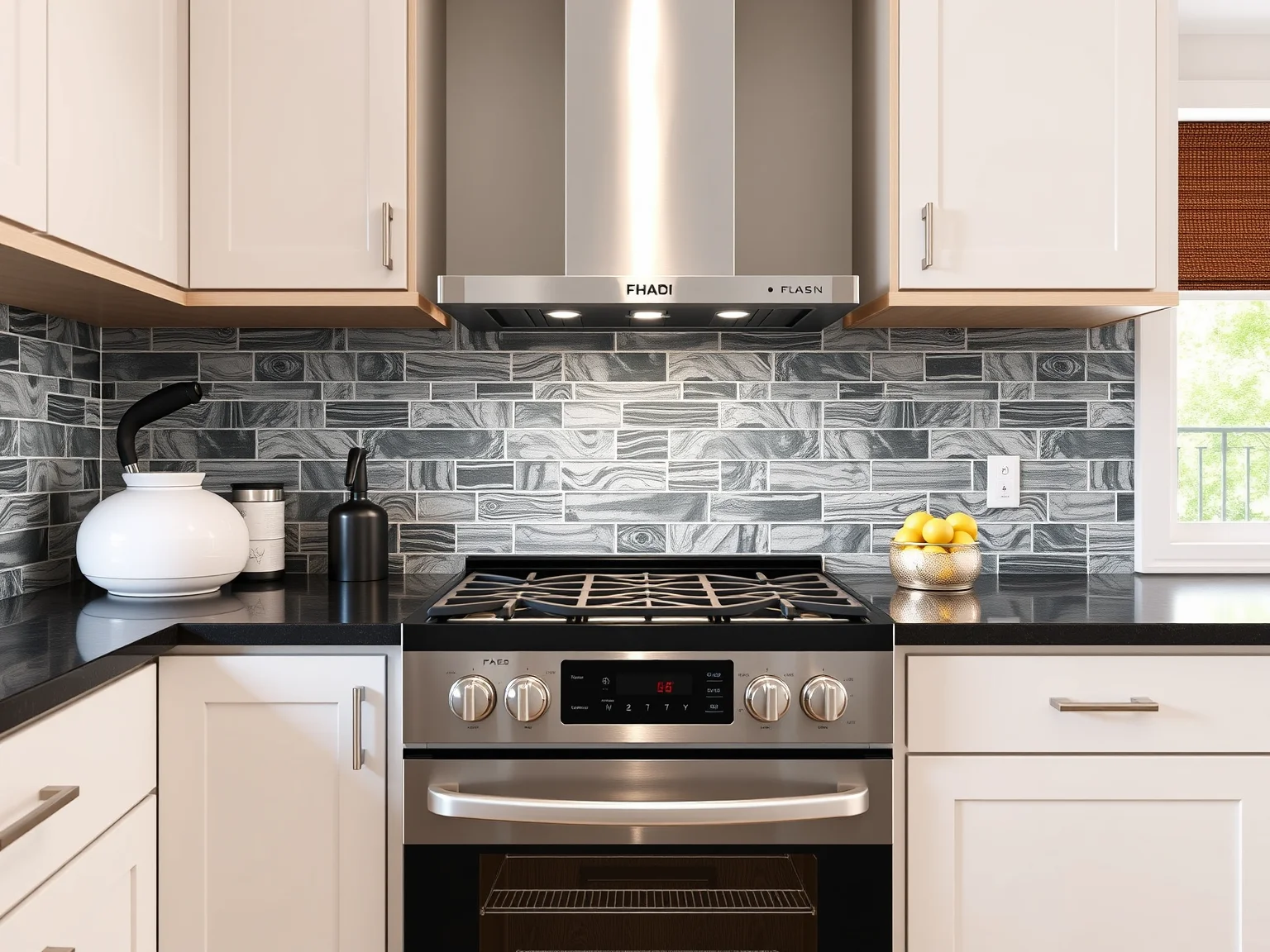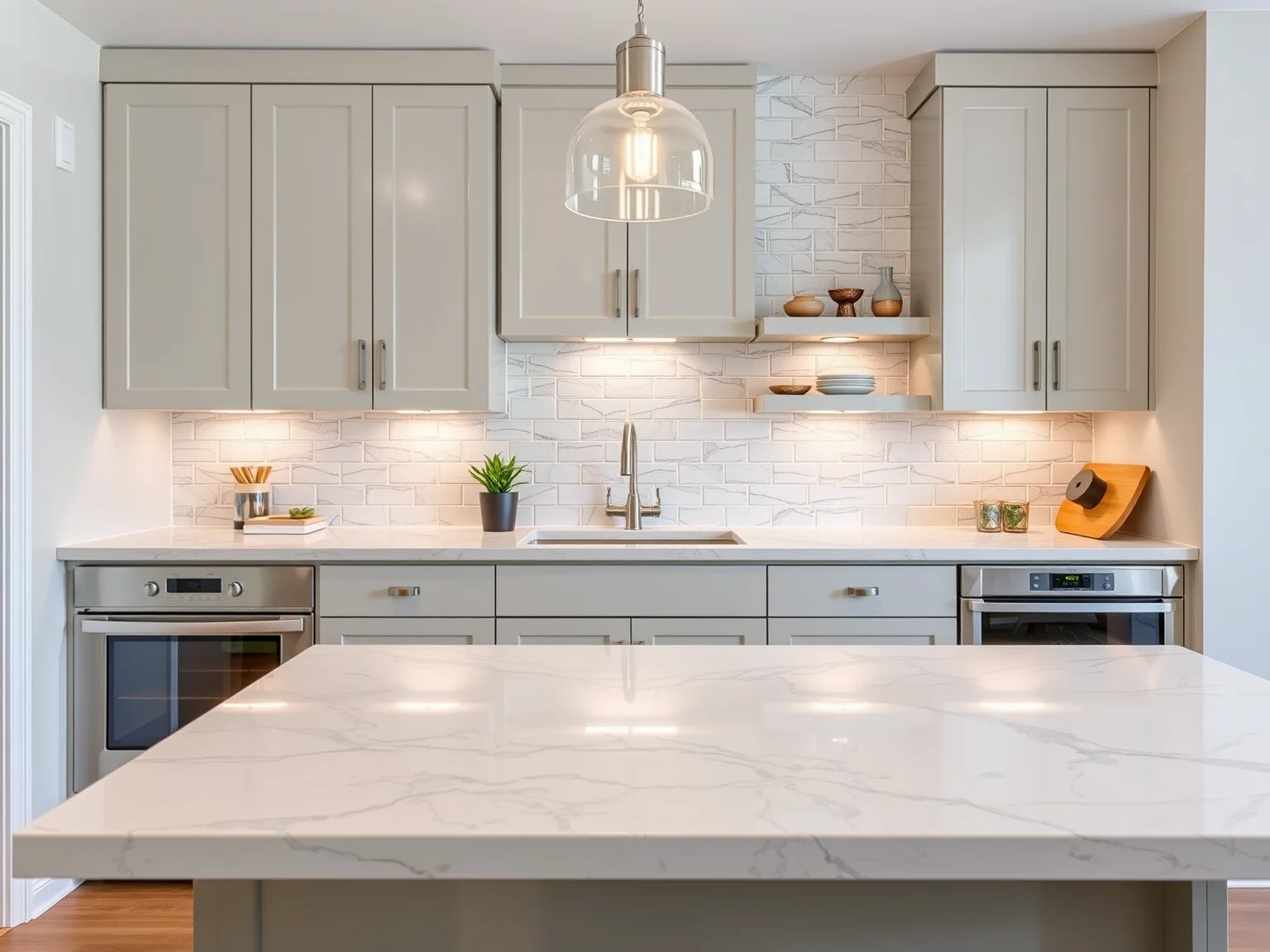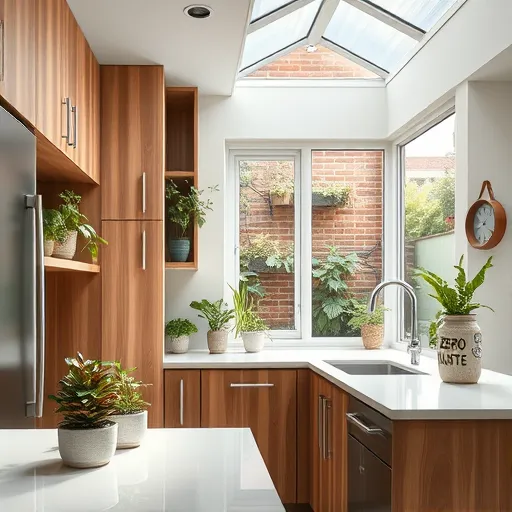
Kitchen Flooring Options and Installations | Expert Guidance & Tips
Why Is Choosing the Right Kitchen Flooring Options and Installations Essential for Your Home?
The kitchen is often considered the heart of the home, where functionality meets style. Selecting the ideal flooring for this space requires balancing durability, maintenance, aesthetics, and cost. The right kitchen flooring options and installations can significantly elevate your cooking space, increase your home's value, and enhance everyday convenience. With a wide array of choices available, making an informed decision is crucial to ensure your kitchen stands the test of time.
What Are the Most Popular Kitchen Flooring Options and Installations Today?
Porcelain and Ceramic Tile
Luxury Vinyl Plank (LVP) & Vinyl Sheet
Natural Hardwood
Engineered Wood
Concrete Floors
Laminate Flooring
How Do Porcelain and Ceramic Tiles Compare as Kitchen Flooring Options and Installations?
Porcelain and ceramic tiles have long been favored in kitchens due to their durability and style. They are water-resistant, easy to clean, and come in an extensive range of designs, from classic to modern looks. When considering kitchen flooring options and installations, tile flooring offers excellent resistance to stains and wear, making it ideal for high-traffic areas. Proper installation ensures a smooth, level surface that prevents cracking over time.
Professional installation is vital for tile to prevent issues like uneven grout lines or cracked tiles. Additionally, tiles with anti-slip surfaces can improve safety, especially in kitchens prone to spills. If you're interested in customizing your space, explore how tile patterns can complement your overall design by visiting kitchen design ideas.
Are Luxury Vinyl Plank and Vinyl Sheet Good Choices for Kitchen Flooring and Installations?
Luxury vinyl is increasingly popular because it combines affordability, durability, and aesthetics. Modern vinyl plank and sheet options mimic the look of hardwood, stone, or tile, providing flexibility in design. They are water-resistant, scratch-resistant, and comfortable underfoot, making them ideal for busy kitchens.
When considering kitchen flooring options and installations, vinyl flooring’s easy installation and low maintenance make it a smart choice for DIY enthusiasts and professionals alike. For those concerned about environmental impact, many vinyl options are now eco-friendly, aligning with sustainable renovation trends. To explore eco-conscious options, visit eco-friendly renovation ideas.
Is Hardwood Flooring Suitable for a Kitchen Environment?
What Are the Pros and Cons of Natural Hardwood in Kitchens?
Hardwood flooring offers timeless beauty and warmth, making it a desirable choice for upscale kitchens. Properly sealed and maintained, hardwood can resist moisture and spills. Engineered wood, in particular, has a better stability profile in fluctuating humidity conditions compared to solid hardwood, making it a viable kitchen flooring options and installations.
However, hardwood can be susceptible to scratches, dents, and water damage if not properly protected. Regular sealing and quick spill cleanup are essential maintenance practices. If you’re considering hardwood and want to explore premium options, check out high-quality countertop replacements to create a cohesive, elegant kitchen aesthetic.
How Does Engineered Wood Stand as a Durable Kitchen Flooring Option?
Can Engineered Wood Match the Natural Appeal of Solid Hardwood?
Engineered wood combines a real wood veneer with high-density fiberboard layers, offering increased stability against humidity and temperature changes. It’s easier to install than traditional hardwood and can be floated over existing flooring, reducing installation costs and time.
While not as resistant to scratches as vinyl or tile, engineered wood still provides a beautiful natural look with enhanced durability. Its versatility makes it a top contender in kitchen flooring options and installations that seek a balance between style and resilience.
Would Concrete Floors Work in My Kitchen?
Are Concrete Floors Practical and Aesthetic for a Kitchen?
Concrete is a highly durable, customizable, and modern flooring choice. It can be polished to a sleek finish or textured for slip resistance. Concrete floors are highly resistant to water and stains, perfect for high-traffic and spill-prone areas like kitchens.
Concrete’s versatility allows for integrating radiant heating systems beneath the surface, adding comfort during cold months. Proper sealing and finishing are crucial to prevent staining or cracking. For insights into sustainable materials, see eco-friendly renovation ideas.
Is Laminate Flooring a Cost-Effective and Stylish Choice?
How Do Modern Laminate Floors Measure Up in Kitchens?
Laminate flooring has improved significantly over the years, offering a budget-friendly alternative that mimics high-end materials such as wood and stone. It’s relatively easy to install and maintain, making it suitable for busy households.
Despite its affordability, it’s important to choose water-resistant or water-proof variants of laminate to withstand kitchen spills. Proper installation by professionals ensures long-lasting durability. Explore more about professional installation services at quality countertop options.
What Are the Key Factors to Consider When Installing Your Kitchen Flooring?
Usage and Traffic: High-traffic kitchens require durable, scratch-resistant floors.
Moisture Resistance: Floors should be resistant to water, spills, and humidity changes.
Ease of Maintenance: Consider how much upkeep your chosen flooring will need.
Style and Design: Ensure the flooring complements your overall kitchen design.
Budget: Balance costs with long-term durability and aesthetics.
What Is the Process for Professional Kitchen Flooring Installations?
Professional installation involves several critical steps to ensure your chosen kitchen flooring options and installations not only look great but also last for years. The process typically includes:
Assessment of existing subfloor and preparation to ensure stability and levelness.
Measuring and planning layout to minimize waste and optimize aesthetics.
Precise cutting and fitting of flooring materials.
Sealing, grouting, or finishing to enhance durability and appearance.
Final inspection to confirm quality and adherence to safety standards.
Partnering with experienced professionals like C&C Pro LLC. guarantees a smooth installation process and superior results.
How Can I Maintain My Kitchen Flooring to Extend Its Lifespan?
Clean regularly with suitable cleaning agents for your floor type.
Wipe spills immediately to prevent staining or damage.
Avoid abrasive cleaners that can scratch surfaces.
Use protective pads under furniture and high heels to prevent dents.
Schedule periodic deep cleaning and inspection to address any issues early.
What Are the Benefits of Upgrading Your Kitchen Flooring?
Enhanced aesthetic appeal and increased home value.
Improved safety through slip-resistant surfaces.
Better functionality and comfort during cooking and cleaning.
Reduced maintenance costs with durable, easy-care options.
Customization possibilities to match your personal style and space.
Can I Mix Different Flooring Types for a Unique Kitchen Design?
Is It Practical to Combine Various Flooring Materials?
Creative mixing of flooring styles can define different zones within your kitchen, such as a cooking area, breakfast nook, or entertainment space. For example, installing tile in the cooking zone for easy cleanup and hardwood or laminate in seating areas can add visual interest and practicality.
Professional advice ensures seamless transitions between materials, preserving durability and aesthetics. For guidance on designing cohesive spaces, consider exploring kitchen design tips.
FAQs About Kitchen Flooring Options and Installations
What Are Common Mistakes to Avoid When Choosing and Installing Kitchen Floors?
Common mistakes include choosing flooring solely based on price without considering durability, neglecting water resistance, ignoring installation quality, and failing to match the flooring’s style with overall kitchen design. Consulting professionals ensures your decisions are well-informed and your installation is flawless.
How Long Do Different Kitchen Flooring Options and Installations Usually Last?
The longevity of your kitchen flooring depends on the material and maintenance. Tile and concrete can last decades with proper care, while hardwood and laminate typically last 15-25 years. Regular maintenance extends the lifespan and preserves the beauty of your floors.
Is It Possible to Replace Only Part of My Kitchen Flooring?
Yes, partial replacements are feasible, especially when different zones use distinct materials. An expert installer evaluates the subfloor condition and seamlessly blends new sections with existing floors for a cohesive look.
How Do I Determine Which Flooring Is Best for My Lifestyle?
Assess your household’s activity level, presence of children or pets, and your maintenance preferences. For high-traffic, spill-prone kitchens, opt for resilient materials like tile or vinyl. For aesthetic appeal and comfort, hardwood or engineered wood may be suitable if properly protected.
Ready to Upgrade Your Kitchen Flooring? Contact C&C Pro LLC.
Choosing the right kitchen flooring options and installations can transform your space into a stylish, functional paradise. Our experienced team at C&C Pro LLC. is here to guide you through every step, from selecting the perfect material to flawless installation. Reach out today for a consultation and take the first step towards your dream kitchen.


